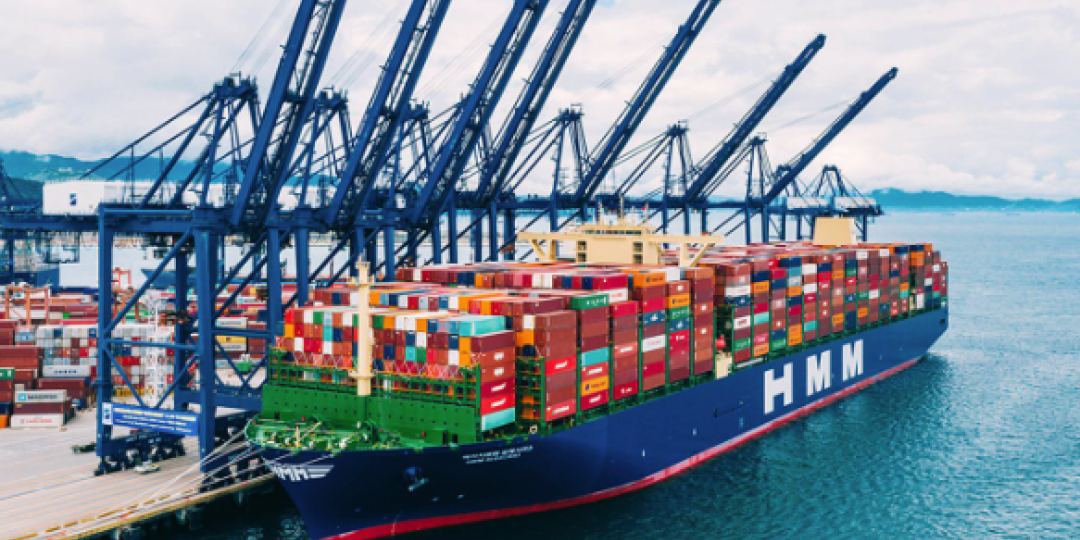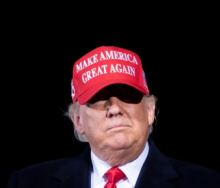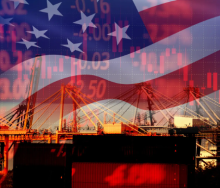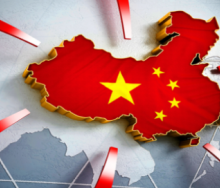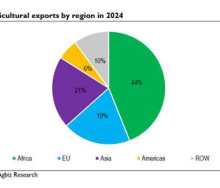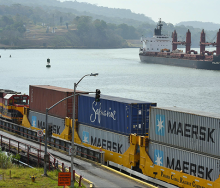A bidding process for a controlling stake in South Korea’s biggest container carrier has revived a debate over state ownership in an industry key to the Asian country’s future as an export power.
Hapag-Lloyd, the top player based in Germany, didn’t make the shortlist of bidders for Seoul-based Hyundai Merchant Marine (HMM) that included domestic investors Harim, Dongwon and LX Group.
That’s not surprising given that, since the 2017 bankruptcy of Hanjin Shipping, HMM is the only Korean player with the necessary heft to compete globally, writes Bloomberg Intelligence shipping analyst Kenneth Loh.
Moreover, the trade disruptions of the past three years have only reinforced the case for governments to have a bigger role in protecting economic security with policies like foreign ownership rules, tax breaks and preferential financing.
“The pandemic and the ensuing supply-chain disruptions had also highlighted the importance of having a national champion that could safeguard domestic interests, such as by ensuring vital trade continues to flow smoothly,” Loh said.
“Seoul had probably always been more inclined to go with the option of keeping HMM Korean-owned.”
A spokesman for Hapag-Lloyd declined to comment, as did a spokesman for HMM. The two companies are partners in a vessel-sharing agreement called THE Alliance along with NYK, Yang Ming, MOL and K-Line — one of three major container consortiums.
The other two are 2m (Maersk and MSC), and Ocean Alliance (Cosco, OOCL, Evergreen and CMA CGM).
The 2M alliance will be dissolved in 2025.
Korean authorities have stressed the importance of having a local container carrier for the export-driven economy.
Both countries’ economies are large and rely on shipments abroad. Germany has the world’s fourth-biggest economy and is the third-largest goods exporter, according to data compiled by Bloomberg and the WTO. Korea’s economy ranks 10th overall and is sixth in total goods exports.
